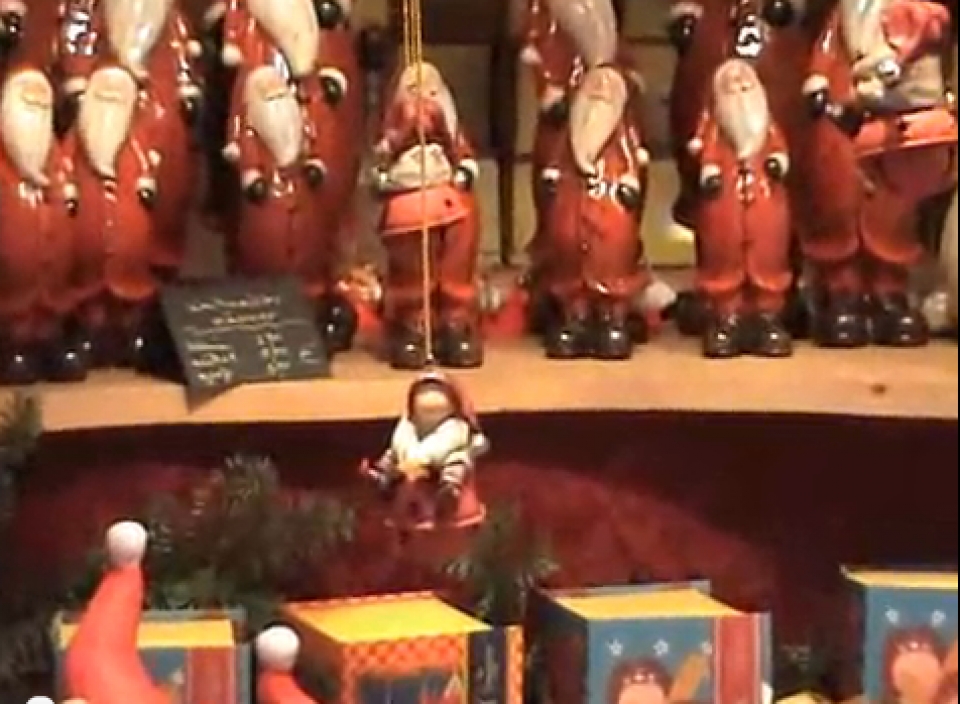Oldenburg in Germany is some four hours away from us, but we took a drive there on the 16th of December, to meet up with our cousins for just a few hours at the Christmas Market. These German markets are renowned for their festive spirit and good cheer. It was worth the effort and we found the greatest gifts … love, care, attention and time with family and friends.
Are you also horrified at what the Festive Season has become?
The first news report that appeared on Dutch television after Christmas was about people placing their unwanted gifts on auction websites like e-Bay. Gee, isn’t this sad?
Instead of showing our loved ones how much we love them by giving them our time, care and attention, we buy each other gifts as a replacement or representation of our love.
It feels as if we’re too busy rushing around leading hectic lives to be able to buy these (unwanted) gifts, and to maintain our materialistic lifestyle, that we don’t have the time needed to find out more about the recipient, or to discover what he / she might actually enjoy.
Don’t get me wrong, I love receiving (and giving) presents as much as the next person. We should give each other gifts. Giving a gift is a personal, vulnerable thing. What if they don’t like it? Is it the right thing to give? Will they understand why I want them to have it?
Perhaps these questions play a big part in why so many gifts are unwanted? People don’t necessarily want to expose themselves like that, so they buy a generic gift that carries the promise “people will love you for giving it”.
How does it make us feel when we receive a gift we don’t want? Great, what do we do with it? Hold on to it forever in case the giver visits you. Give it back the next year? Or flog it online? C’mon guys, let’s just rather not buy these kinds of gifts!
the spirit of giving
The whole idea of giving gifts (and Santa Claus) originates from a Dutch / Flemish festival called Sinterklaas, which is a shortened version of “Sint Nicolaas”. Nicholas lived in Myra (present day Turkey) between 271 and 343 AD. He inherited his parent’s wealth when they died of an epidemic. He distributed this wealth among sailors and merchants, and became a priest.
The Dutch and Flemish still celebrate his life on the 5th of December each year, giving small hand-made gifts and making good-natured rhymes that poke fun at the recipient. “The emphasis is on originality and personal effort rather than the commercial value of the gift.”
Sadly this tradition is giving way to the commercialism of Christmas. Even sadder is the Western culture dissing hand-made gifts. Marketers would have us believe things only have value if they’ve been bought. Hours and care taken to make a gift is not worthless.
Surely the greatest gift is giving our time, care and attention?
I would love to see the Festive Season return to being about spending valuable time together, caring for each other and sharing special moments, and being less about the gifts that are given.

